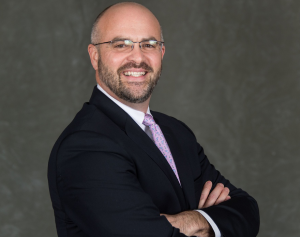
Chief Information Officer Judd Nicholson previously worked for the U.S. Marshals Service as deputy CIO before coming to work at Georgetown.
Vice President for Information Technology and Chief Information Officer at Georgetown Judd Nicholson talked with The Hoya about his background, current University Information Services projects and technology issues relevant to students on campus.
Can you introduce yourself and give us some information on your background and experiences that you bring to UIS?
I am the vice president for information technology and chief information officer. I have been at Georgetown — this summer will be five years. I originally came to Georgetown as the deputy chief information officer from my previous assignment as the deputy CIO at the U.S. Marshals Service.
I spent all of my career either in the federal government or the military and largely centered around IT or technology operations and how to implement technology to better serve the mission of the organization that I belong with.
Tell us about your work in the U.S. Marshals Service and the military.
At the U.S. Marshals Service, I was the deputy CIO. I was in charge of all of the day-to-day operations across the United States. There are 93 districts within the U.S. Marshals Service, and my job was to provide network operations and support the mission application for the mission of the U.S. Marshals across the U.S., the Virgin Islands and Puerto Rico. We had close collaborations with Interpol and other departments within the Department of Justice. It was my job to make sure that all of the technology worked. It was a 24-by-7, 365-day operation. A lot of the time the technology needed to work so that people’s lives were not in danger.
What brought you to Georgetown?
The previous CIO, when she was appointed the CIO here at Georgetown, I was still at the Marshals Service, and she asked me to come and help her with the work here at Georgetown, and I thought it sounded like an amazing opportunity. One, an opportunity to serve an institution like Georgetown, but also an opportunity to serve a totally different mission. I had never been in higher ed and Georgetown has a broad and varied and very interesting mission in the world, and I thought it sounded like an amazing opportunity. One, an opportunity to serve an institution like Georgetown, but also an opportunity to serve a totally different mission. I had never been in higher ed and Georgetown has a broad and varied and very interesting mission in the world, and I thought it sounded a like a great challenge. I was intrigued, and I agreed to come.
What is your role at UIS, and how does it factor into its greater responsibilities?
We are charged with providing really core IT technology. That means everything from the network operations, the Wi-Fi and supporting major applications that serve our teaching and learning mission.
What are some day-to-day challenges UIS faces?
Some of the challenges that we face are really change management and timing challenges. We are always looking to modernize our systems and address the remaining aging systems, and then in some cases our vendors haven’t caught up with modern technology.
We have been very successful over the course of my time at Georgetown. We have replaced seven major systems or modernized seven major systems, and in just over five years, and we have taken our community through a substantial amount of change and improvements. I think it has been welcome to our community that we have engaged them in the discussions. We have consulted, we have modernized systems and really moved us closer to being a modern organization to support Georgetown.
Where is IT infrastructure headed in the future?
We are on a tip of an internet of things explosion. You talk about smart devices; you talk about sensors that may be coming into our campus. That brings a challenge to Wi-Fi and security, and so we want to be able to be sure we can address those things. We need systems that are agile and can adapt to the experimental and the changing way we deliver course content to students or the way that faculty and students engage each other, the way students engage their peers.
All those challenges need an adaptive, agile and modular infrastructure that we just didn’t have before. I think just now we are getting to the point where we — I think we can offer some really innovative solutions to our community.
In order to offer modular and applications and solutions to our community, we needed a foundation. The second part would be the reason we are making the infrastructure improvements is that our Wi-Fi in some of the buildings is so old that we really were reaching capacity. When students were asking for gaming systems for streaming of video content or even our faculty were having difficulty streaming course content in the classroom, it was difficult for us to innovate or to provide different solutions unless we fix that core foundation.
Do you have any advice for students on campus with technology-related issues?
If they are experiencing any challenges with technology or really just have some advice or recommendations about technology, we have a — what I think is a very successful student technology advisory board. We coordinate with GUSA to make sure we have GUSA leadership and student leadership on that advisory board. I would just encourage them to participate.
The second thing I would say is just make sure it is known. You can communicate with me directly; you can communicate with our service center or any person on the staff and make them aware so we can resolve your problems. Our students are our future leaders and many of you will use technology in profound and innovative ways to solve problems for your generation. I really think technology is becoming an integrated component in our day-to-day lives, and it provides an opportunity to use technology to solve problems.
What advice do you have for students to stay safe from cyber threats?
We have a very comprehensive multi-layered cyber security strategy, and by that I mean our goal is to protect our community from cyber attack. We have put in place a number of technical controls to prevent unauthorized access to our core data or what I would call our confidential data. That is information about students’ information, about our academics, information about our people and our financial information. But, with that said, it really only takes one person responding to a potential phishing attempt for a nefarious actor to get access to their credentials.
What I would say students can do is, and it might sound simple, but basic human security actions such as being on alert. If they get an email that doesn’t look quite right or asking them to do things like put in their password and credentials, they should raise those issues and send them to our security folks to have a look at. They should use good password management, use complex passwords and very simple things like using anti-virus programs, be running those in the background. Almost all security breaches are the result of human error, and hackers know that, and they often use social engineering to do that.


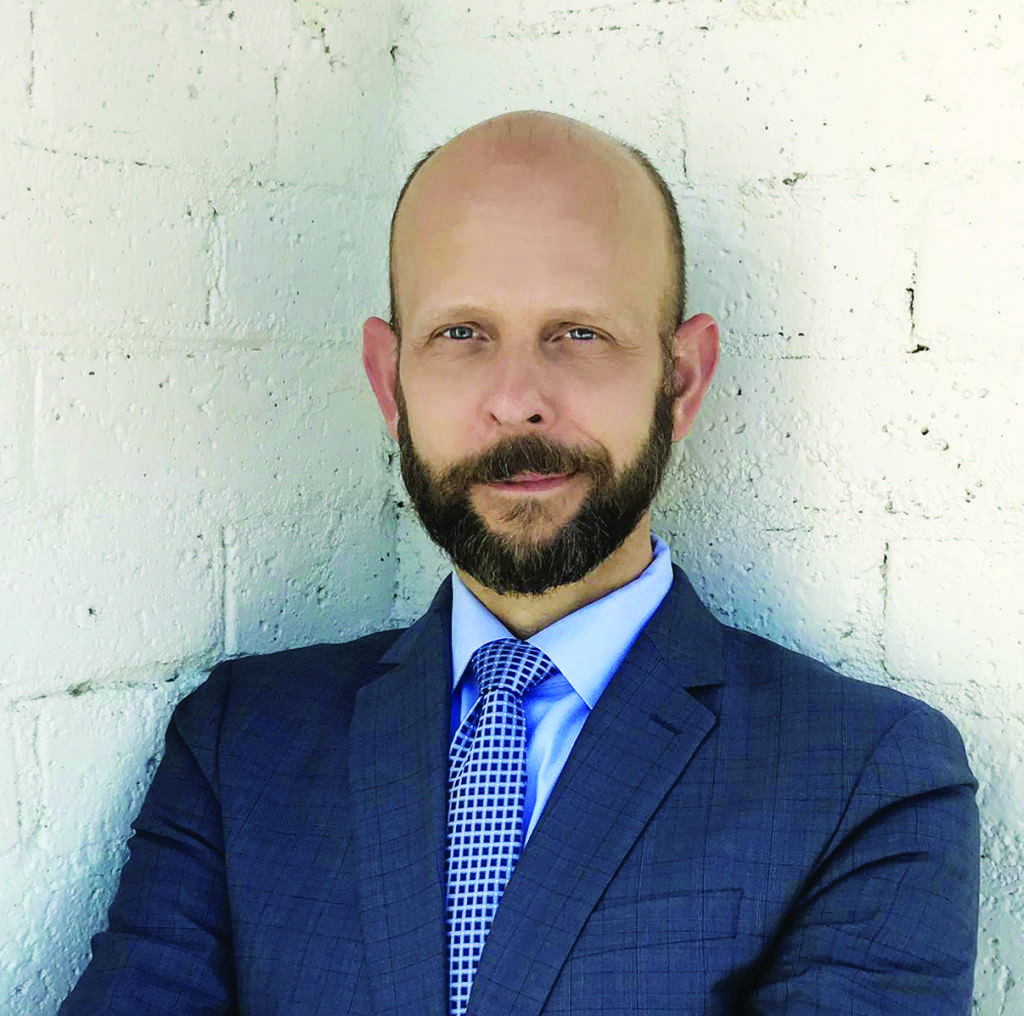
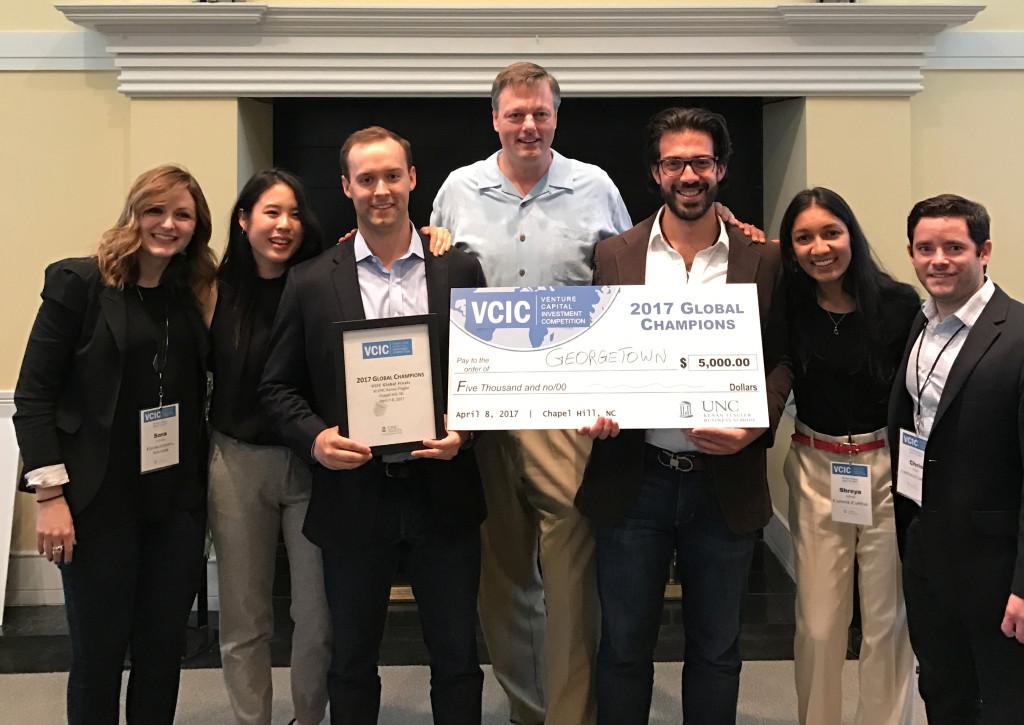
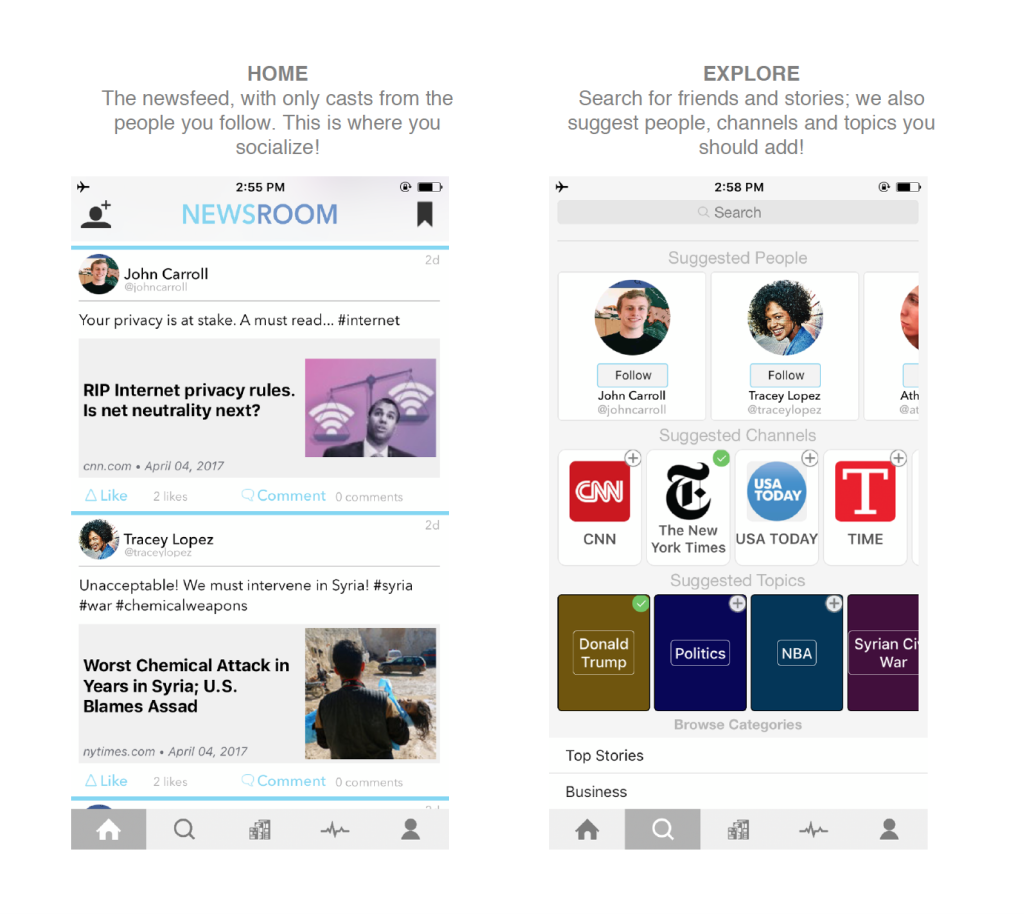
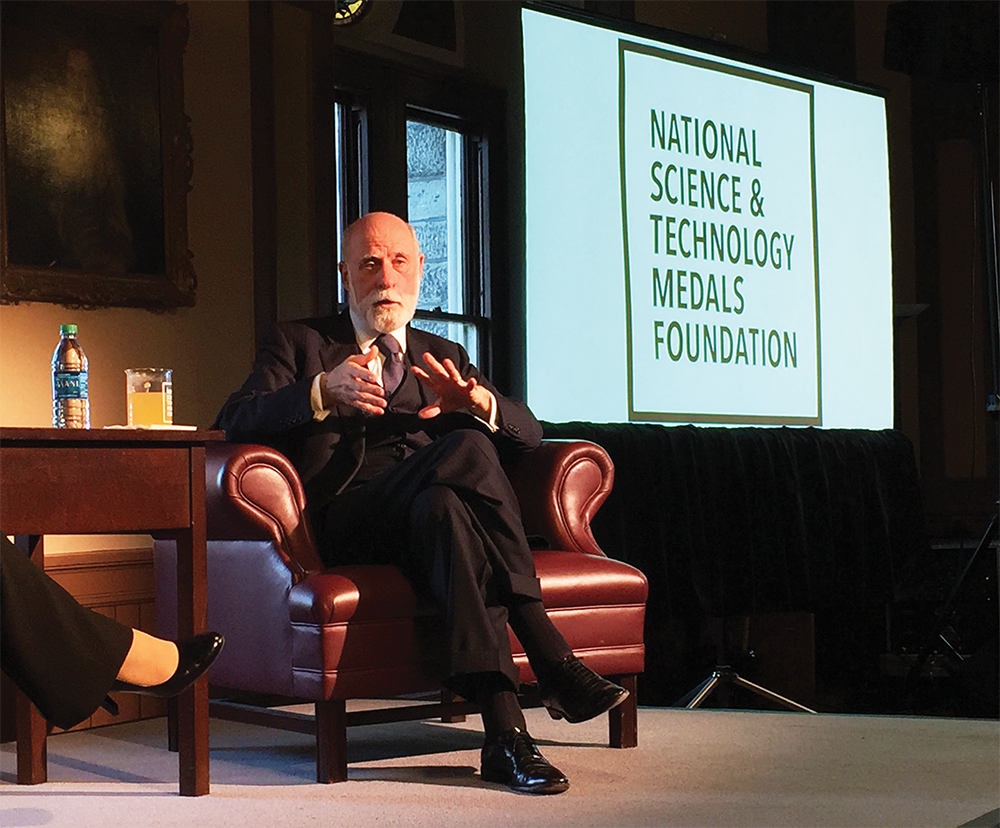

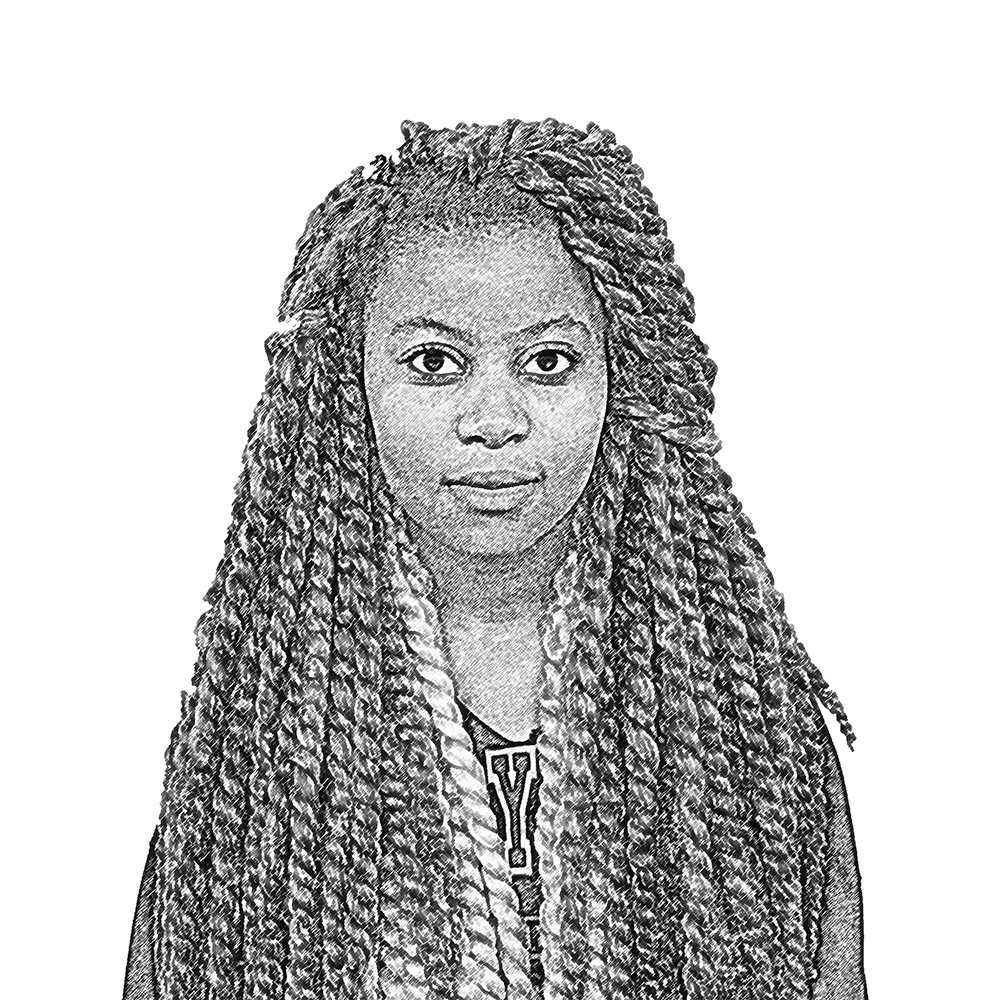

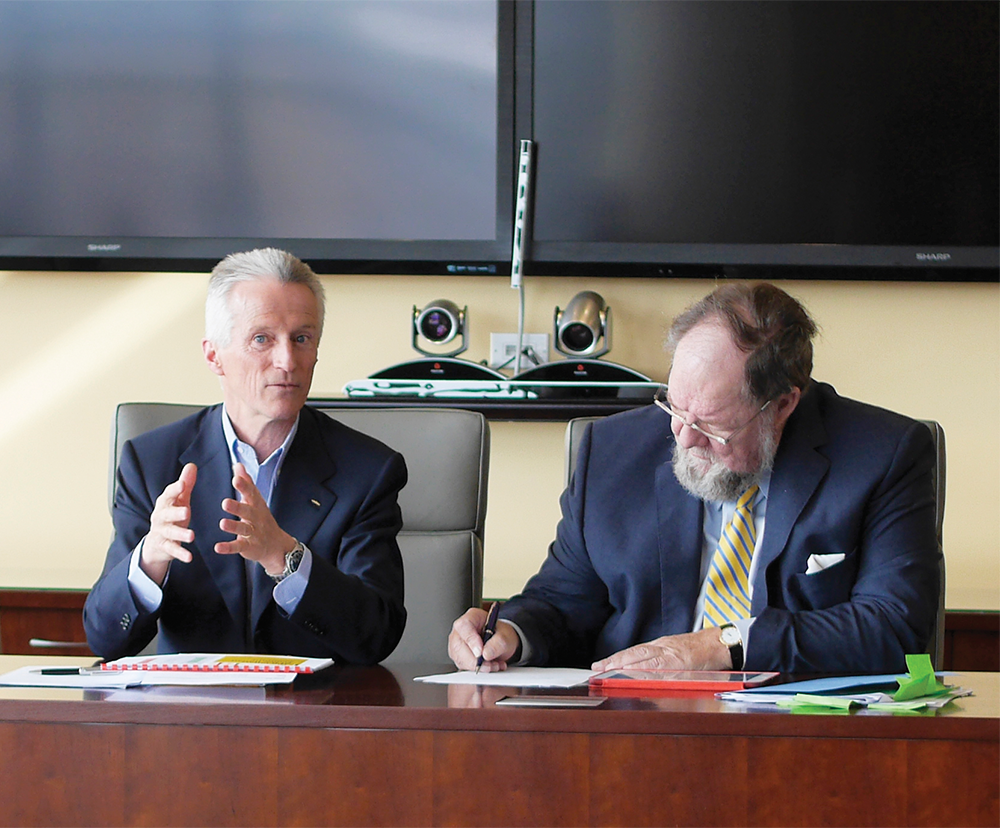
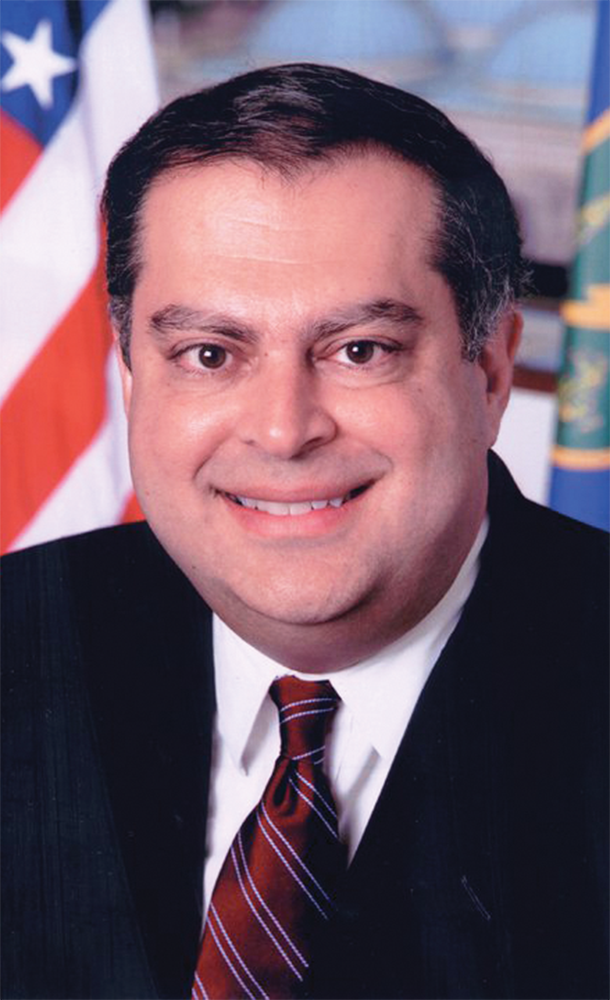
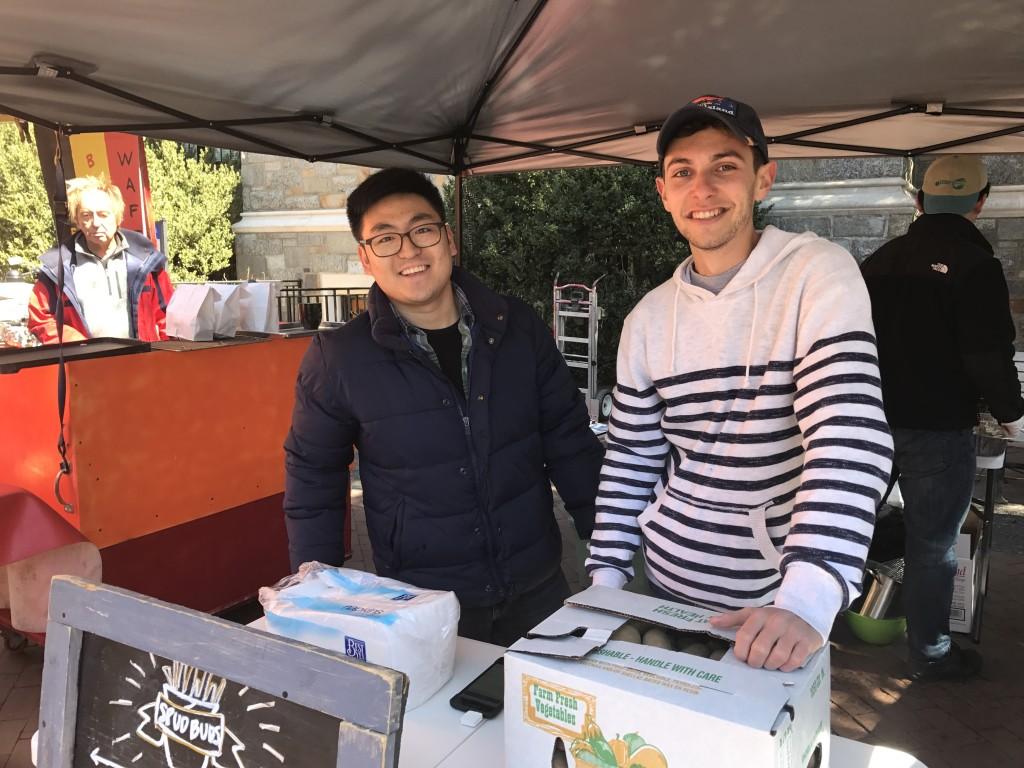

Larry • Mar 2, 2017 at 7:33 am
Here is a question for GU administration, mainly DeGoia; why do you keep filling leadership positions with former government wonks. Government keeps getting worse, citizens continue to lose confidence in elected as well as appointed officials, and Georgetown keeps bringing them in to run the university. We already have an ‘adjunct professor’ Donna Brazile who was caught cheating and lying during the last presidential election, yet she’s still on the roles at GU? Seems reason and ethics are on the way out here.